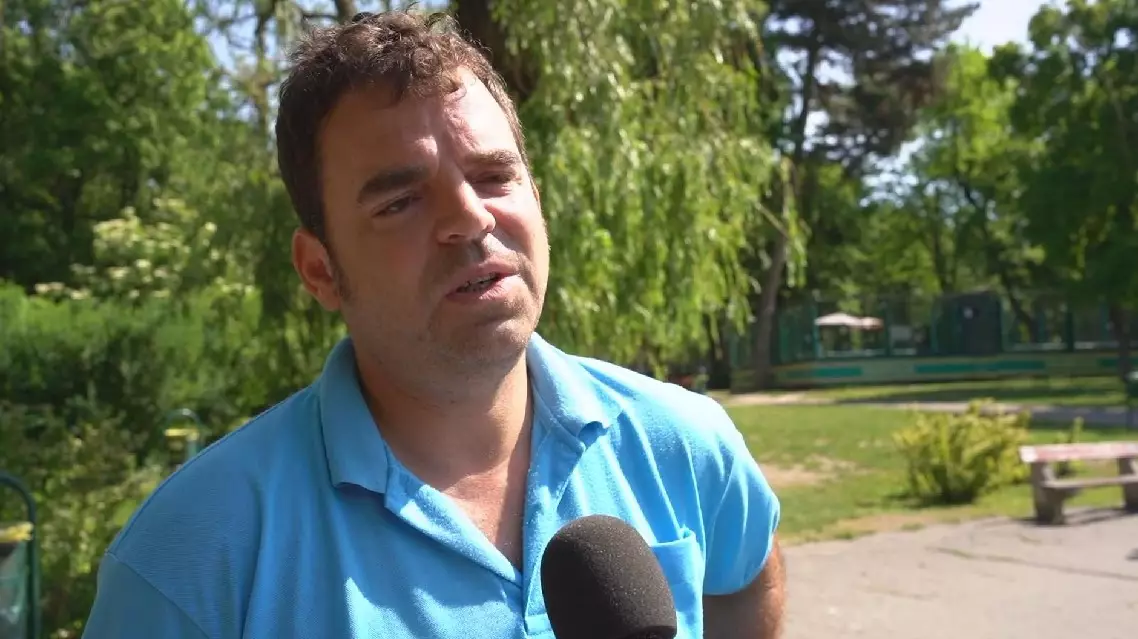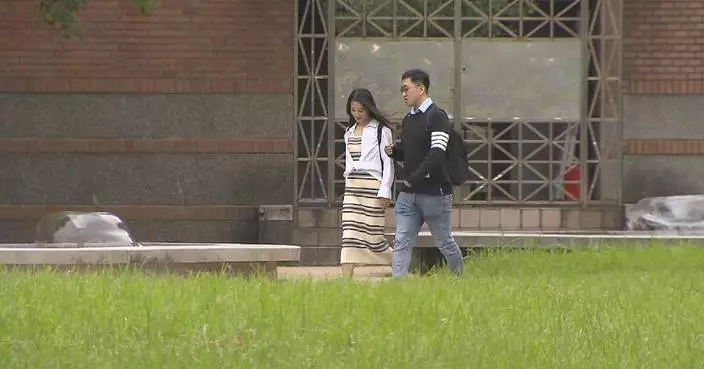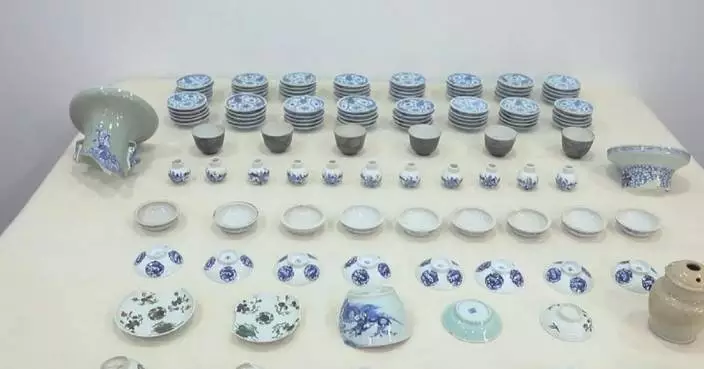The upcoming state visit of Chinese President Xi Jinping to Hungary will greatly deepen the relations and cooperation between the two countries, said Hungarians in interviews with China Central Television (CCTV).
President Xi is scheduled to pay state visits to France, Serbia and Hungary from May 5 to 10.
"Chinese president is going to visit our country. This is a very good thing. China is a country with a long-lasting culture. President Xi Jinping's visit is conducive to maintaining and developing Hungary's relations with China. Given China's status in global economy, this visit will be fruitful for both sides," said Victor, a Budapest resident.
This year marks the 75th anniversary of the establishment of diplomatic relationship between China and Hungary. Hungarians believe Xi's upcoming state visit will further strengthen the bilateral relationship.
"That could establish some relationship and could make stronger the one that already exists," said Julia, another Budapest resident.
"It would help [establish] stronger communications and relationships between the two countries and between Europe and Asia. So I think it's a good one, good thing to do," said Ede, still another Budapest resident.
As President Xi said, the key to state-to-state relations lies in close bonds between peoples, and music has long been an important bridge for the friendship between Chinese and Hungarian peoples.
The Liszt Ferenc Academy of Music, founded in 1875 in Budapest, has established partnership with many music institutions in China since a Chinese opera house visited it, according to Gyula Fekete, vice president of the academy.
"It's always good to know what's going on in China, because it's a different culture, different folk tradition. I think that the Chinese students are interested in the Hungarian folk tradition, about all that kind of regional folk music. And then, we are interested in the Chinese folk tradition, because eventually this is very similar. We learned that the musical roots are basically very similar," he said.
Fekete said the academy hails the upcoming state visit of President Xi. Highly agreeing with Xi's proposal to build a community with a shared future for mankind, he said the best way to enhance mutual understandings between different ethnic groups and nations is music.
"I think, because we are all humans, and then we fight for the same goals. And I think music is the best way to start with because it's a universal language," said Fekete.

Hungarians look forward to President Xi's upcoming visit
Chinese scientists have recently worked together and rebuilt the face of an ancient Chinese ethnic minority emperor via cutting-edge DNA technology.
Emperor Wu of the Xianbei-led Northern Zhou Dynasty (557-581), also known as Yuwen Yong, was an ambitious leader who died at 36. He belonged to the Xianbei nomadic group, which originated from the Mongolian Plateau.
The tomb of the emperor was discovered in 1993 in a village of the city of Xianyang in northwest China's Shaanxi Province. His skull and bones were discovered during an excavation held in 1994 and 1995 at the site of his tomb.
In late March this year, scientists led by the Shaanxi Provincial Institute of Archaeology and the Institute of Archaeological Science of Fudan University managed to decode key features of the emperor and speculate about his cause of death. The emperor might have died from chronic arsenic poisoning due to long-term use of a pellet, which was believed by ancient people to achieve eternal life.
"First, the skeleton can be used to determine age. Second, in terms of age and gender, some pathological research can also be done to see if he had any fractures or other (diseases)," said Zhang Jianlin, a researcher from the Shaanxi Provincial Institute of Archaeology.
Obtaining high-quality genomic data is crucial for restoring the face. Through DNA paleogenomics techniques and optimized DNA extraction, database building and capture methods, more history was revealed.
"First, we have done the shorter fragments enrichment method, which is a DNA extraction method. In addition, we have developed some more sensitive database building method suitable for ancient samples with short fragments. You can regard it as a method to amplify the genetic signal, the extracted DNA. The third is that we have developed a capture method that is more suitable for this kind of highly degraded ancient samples. So we have optimized and improved our approach from three aspects at the same time," said Wen Shaoqing, an associate professor of the Institute of Archaeological Science of Fudan University.
The reconstructed face showed that Yuwen Yong had black hair, yellow skin and brown eyes, while his appearance was typical for people from East or Northeast Asia.
Wen said that with the help of the DNA technology, the accuracy of facial restoration can reach 90 percent.
"As for the accuracy of (facial restoration), the current situation is that if there is a skull as a basis, its accuracy will be relatively high," said Wen.

Scientists rebuild face of ancient emperor using advanced DNA technology










